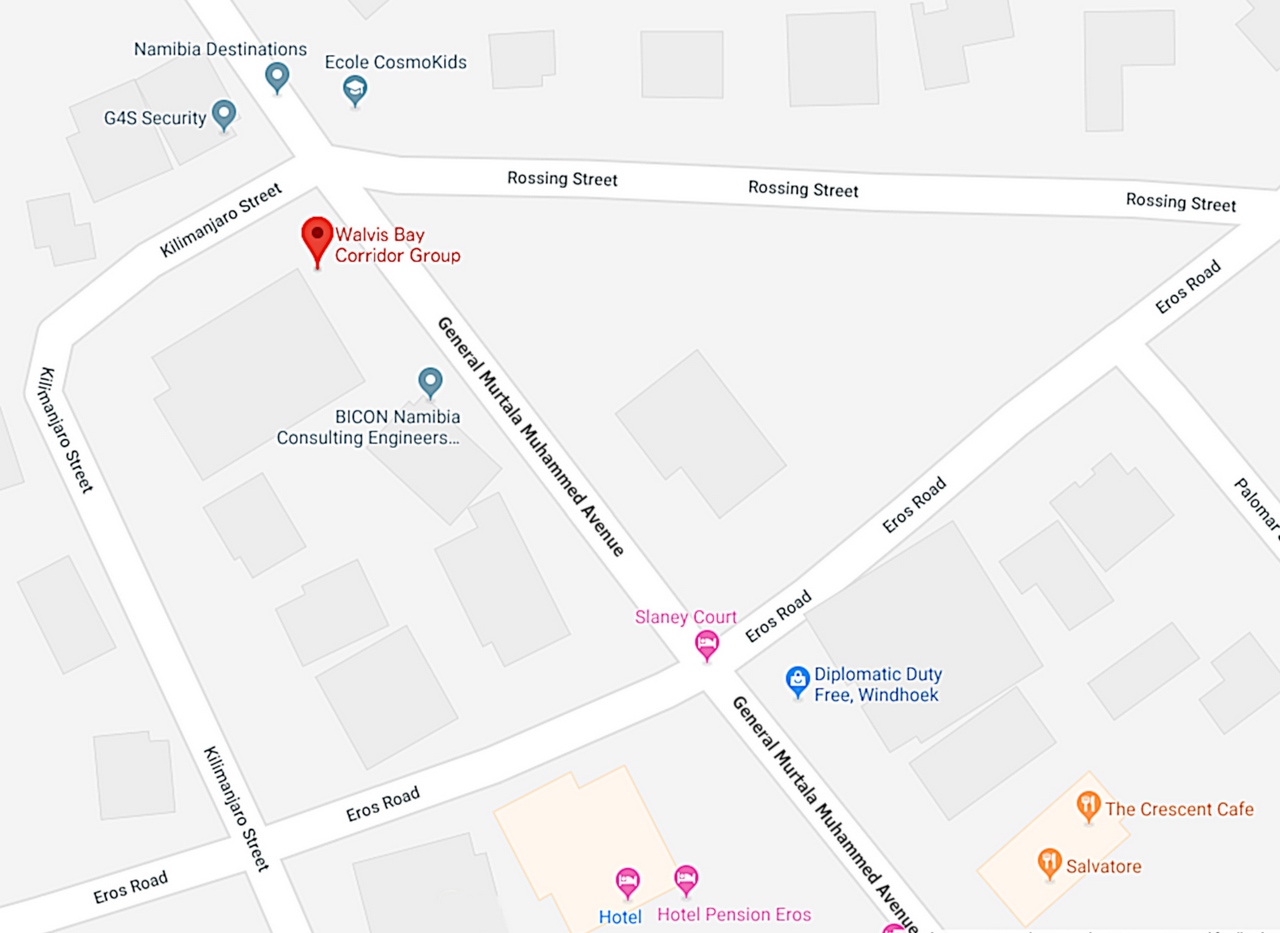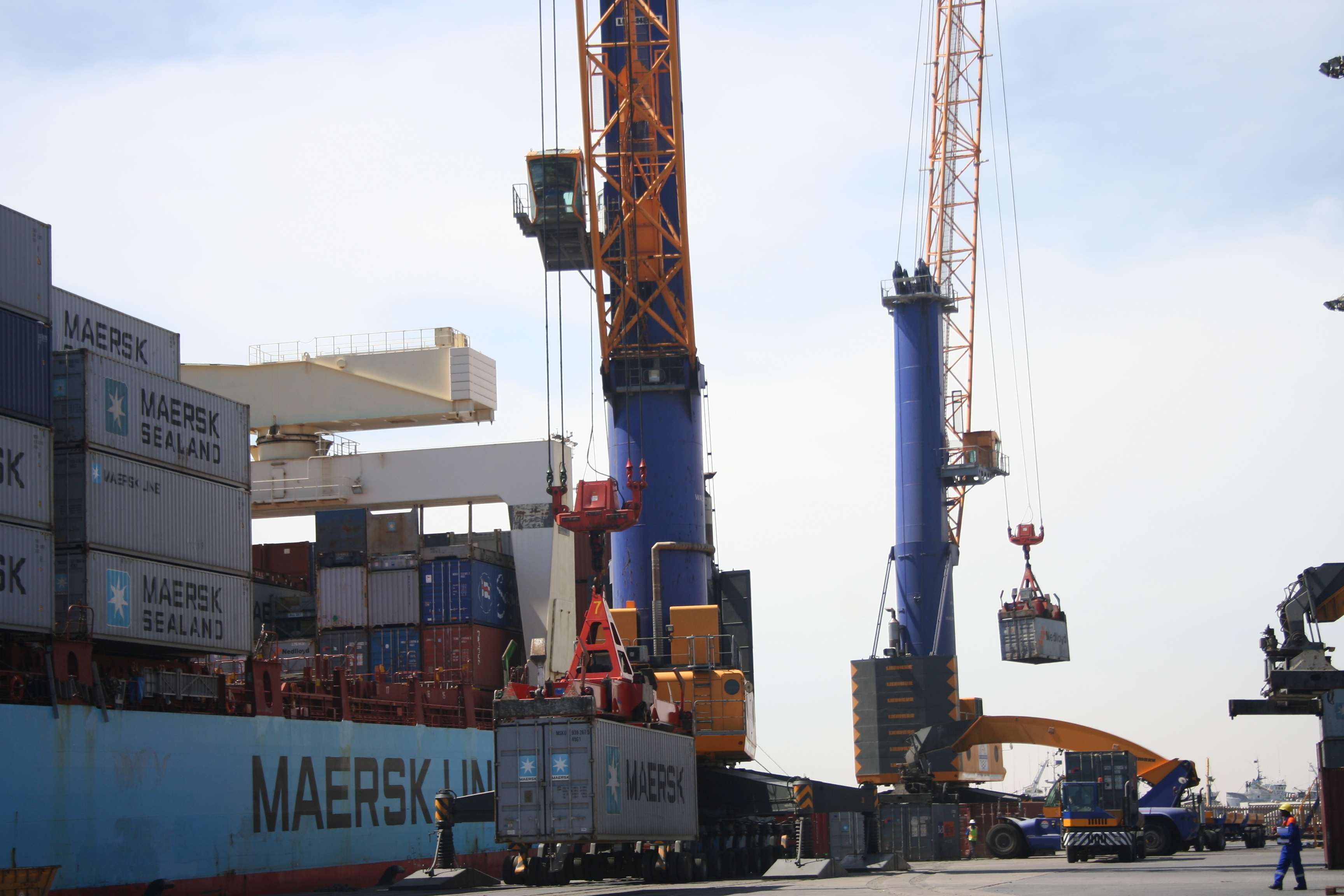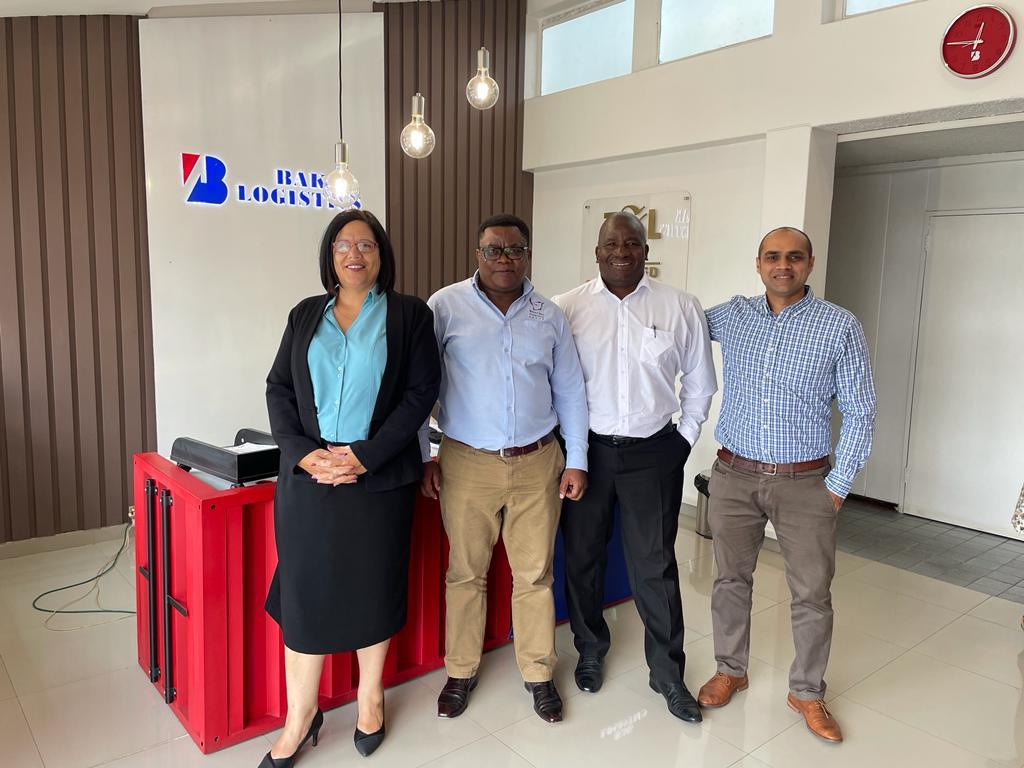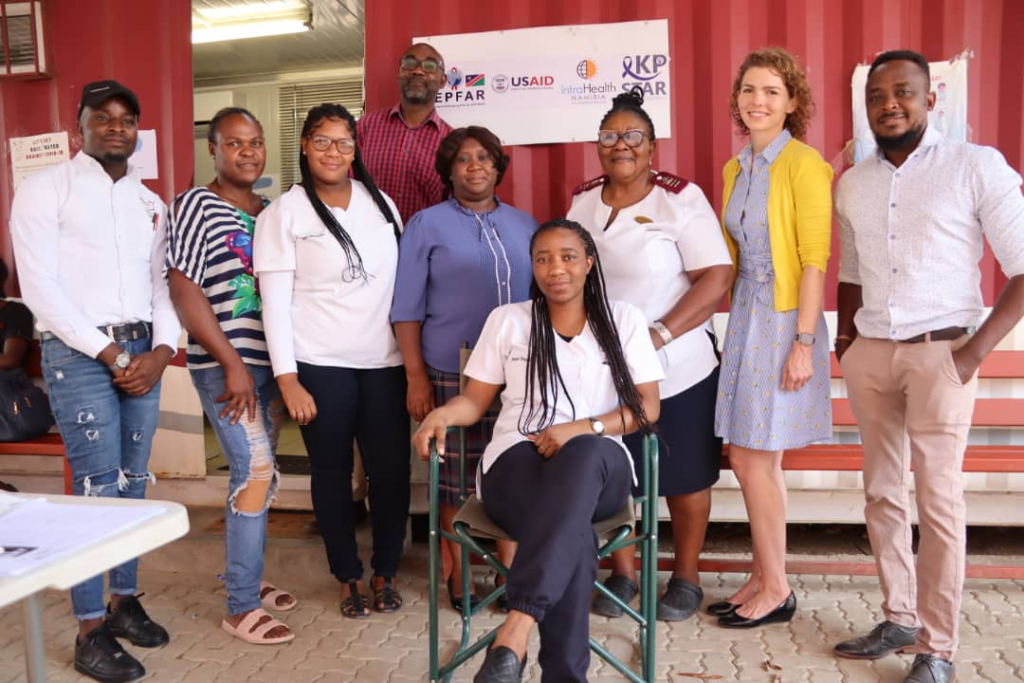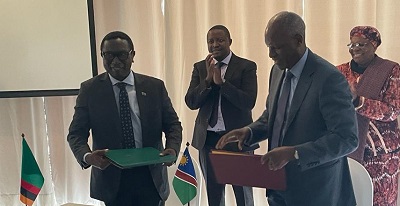Namibia ratifies the WBNLDC Tripartite Agreement
Posted: 1 Apr 2021
“Regional support to ensure harmonisation of standards, allowing for the smooth flow of trade between borders, must be ensured through the establishment of strategic partnerships such as this one and the involvement of both public and private sector representatives,” remarked the Minister of Industrialisation, Trade and SME Development Honourable Lucia Iipumbu.
The minister underscored this imperative in the Namibian National Assembly during the discussion on the ratification of the agreement establishing the Walvis Bay-Ndola-Lubumbashi Development Corridor (WBDLDC) last week. The tripartite agreement signed among the Republics of Namibia, Zambia and the Democratic Republic of Congo (DRC) was tabled by the Minister of Trade and Transport Honourable John Mutorwa in February 2021, and successfully ratified last week.
In March 2010, the respective ministers of transport of Namibia, Zambia and the DRC adopted and signed in Livingstone, Zambia the agreement on the establishment of the WBNLDC. DRC ratified the tripartite agreement in 2015. The agreement aims to establish a competitive trade, transport and logistics sector that will ensure fair business practices among all the corridor operators and stimulate social economic development along the corridor.
Hon. Iipumbu noted that, this transport corridor plays a significant role in boosting intra-African trade and that the cooperation between the member states will bring about a compelling value proposition and unlock economic value chains with ripple effects to various other sectors in Namibia.
WBCG’s Consultant on the WBNLDC Cluster Secretariat, Mr. Eric Shimumbwe, explained that since its establishment the WBCG has coordinated the activities of the WBNLDC in Namibia, and has been collaborating with both the public and private sectors in the member states in finding common ground at interventions aimed at the resolution of various cross border challenges affecting the corridor. As in many regional transport and development corridors, this partnership is rooted in the values of deeper regional and continental integration through trade, soft and hard infrastructure regulatory governance as well as global corridor best practices aimed at enhancing operational capacities and efficiencies along the corridor.
He further added, the tripartite regional economic communities of the Southern African Development Community (SADC) – Common Market for Eastern and Southern Africa (COMESA) – Eastern African Community (EAC) and the African Continental Free Trade Agreement (AfCFTA) would benefit from the tripartite agreement as the member states adopt a harmonised corridor approach in the coordination and facilitation of cross border trade in the region. These collaborative synergies would further enhance inclusive leadership and governance in the public and private sectors in the corridor states.
The WBNLDC was established amongst others: to facilitate cross-border transit-transport cooperation among the member states; foster efficient and cost effective transit transport systems aimed at promoting trade facilitation and address related challenges; give landlocked countries of Zambia and DRC free access through Namibia to and from the port of Walvis Bay. To this end, Namibia availed dry ports to the Republics of Zambia, Botswana, Zimbabwe and the DRC at the port of Walvis Bay to provide economic benefits for all.
The WBCG is excited by the recent ratification of the Tripartite Agreement, and eagerly waits for the Zambian government to commit in order to catalyse its full implementation. The WBCG pays tribute to Honourable Mutorwa and the Namibian leadership in general for their commitment, and well-coordinated efforts in fast-tracking the ratification process as well as the political will and support rendered in this regard. “We salute our corridor champions who appreciate that the logistics and transport sector is essential for trade, industrialisation, and socio – economic development, regional and continental integration” said Mr. Shimumbwe.

